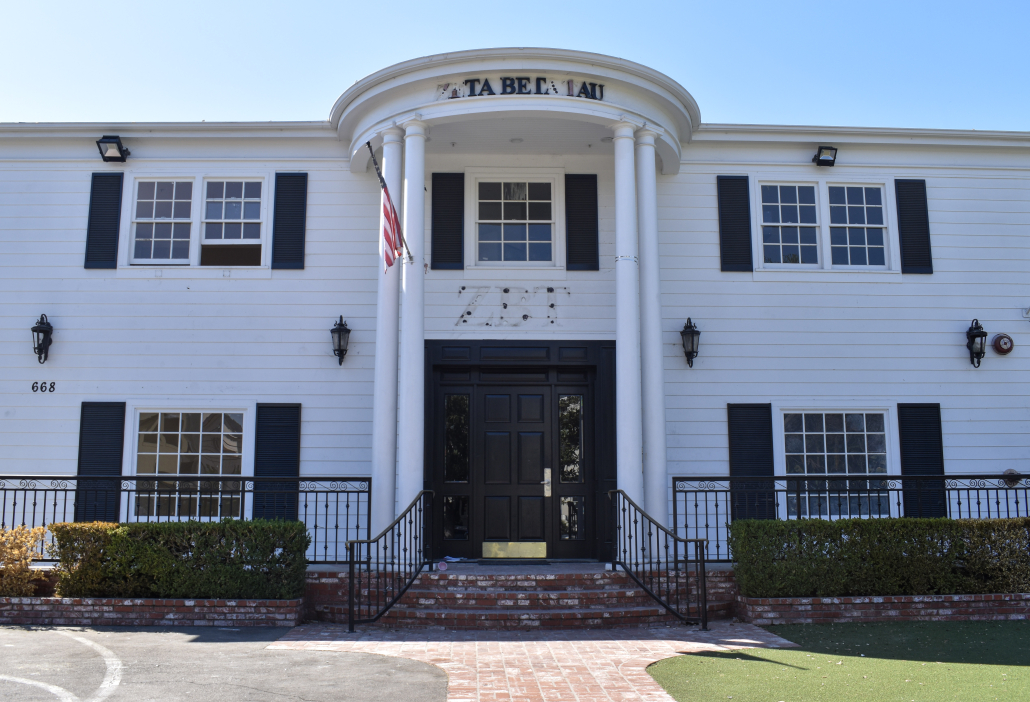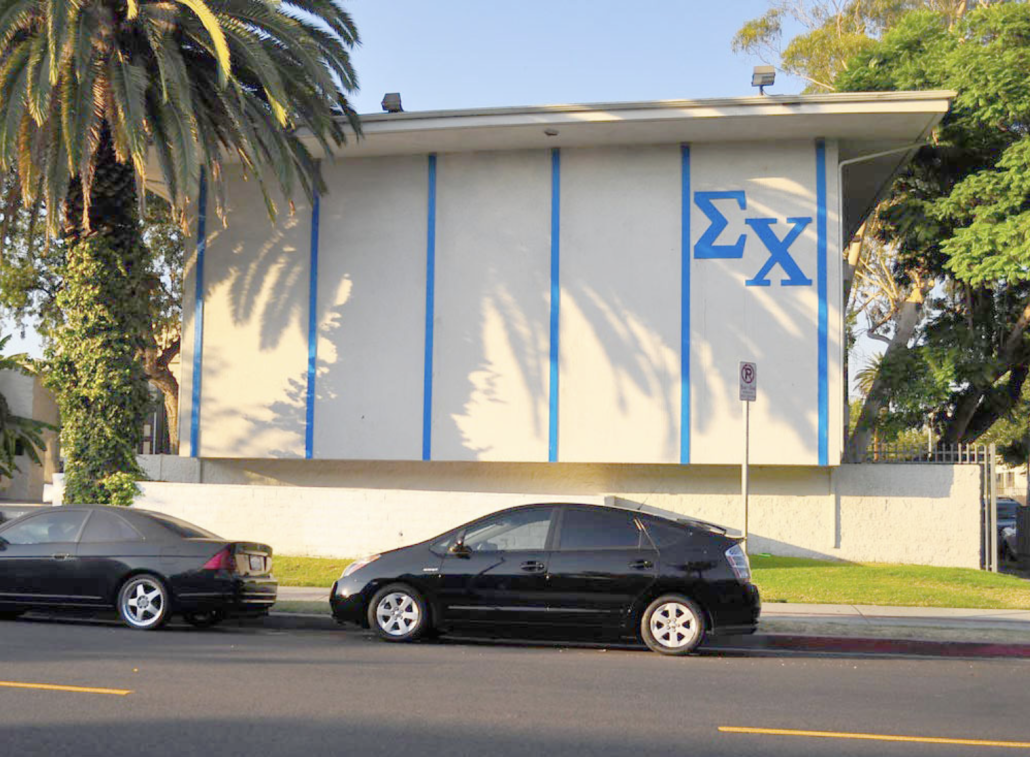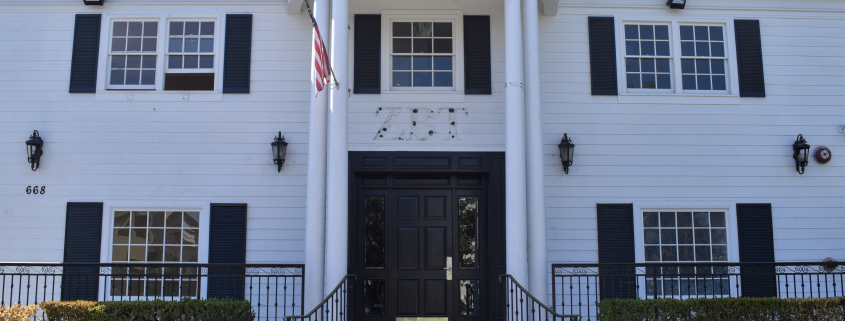Alumni react to fraternity disaffiliation

Following the disaffiliation of eight of the 15 chapters of USC’s Interfraternity Council to form the new, independent University Park Interfraternity Council, some alumni have shared their desire for continued partnership between fraternities and the University and expressed support for freshmen who want to be able to rush during their first semester.
Since 2018, the University has enforced a deferred recruitment policy, which prohibits first-semester freshmen from rushing a fraternity in their fall semester in the hopes of allowing new students one semester to focus more closely on University academics and social activities. As part of this policy, students interested in joining a fraternity or sorority must complete a minimum of 12 academic units at USC earning a minimum 2.50 grade point average before they can join.
Alumni from the Kappa Alpha and Zeta Beta Tau, which are both disaffiliated, expressed their hope for fraternities to continue working with the University.
Bart Leddel, class of 1963, an alumnus of ZBT and former president of the student body in 1962 said that “the University should care about all kids in all areas.”
“Fraternities did a good job [in the past]… working with the University and that’s the way it should be now,” Leddel said.
Michael Paulin, class of 1963, an alumnus of Kappa Alpha and former fraternities affairs advisor at USC, echoed this concern. Paulin said he recognized that the disaffiliation of the fraternities was “very unfortunate,” and that he would “like to see everybody on the same page,” citing greater open dialogue as a way to mend relations between the University and the disaffiliated fraternities.
However, both also mentioned a larger issue they were more concerned with — the policy prohibiting first-semester freshmen from joining fraternities.

Paulin noted that USC “stands alone” in this policy, compared with other California schools like UCLA, UCSD and UC Irvine which allow first-semester freshmen to rush fraternities. Paulin will be in discussion with University administration on the topic.
“Fraternities provide an important outlet for [incoming freshmen] to have the first opportunity to coalesce as brothers and feel open amongst each other to be able to discuss problems or issues or emotions,” Paulin said. “That does not really exist in the dormitory environment… or [for] commuter student[s].”
Another more structural reason to allow first-semester freshman to rush, according to Paulin, was the large number of students in fraternities that study abroad in their upperclassmen years, leading to a vacuum in fraternity leadership.
“It is important to rush incoming freshmen to be able to develop the leadership skills in these fraternities … as the ones who guide the future of the organization,” Paulin said.
In a statement issued by Sigma Chi Grand Praetor Harry Palmer to Sigma Chi alumni, he addressed its move to disaffiliate from the University.
Palmer cited the mandated deferred recruitment policy and the suspension of nearly all organized activities of USC Interfraternity Council members for alleged policy violations last October for more than 90 days, including chapters in good standing, as reasons behind its move.
In the same statement, Sigma Chi said that these policies resulted in a “significant reduction” in the overall size of the fraternity community at the University, even though USC admitted that there was “no data” proving deferring recruitment had a positive effect on students.
“We expect that USC will attempt to raise false concerns in the areas of student health and safety,” Palmer wrote. “But Alpha Upsilon is and has long been a chapter in good standing at USC.”
Both Palmer and Paulin also cited various studies to support their claims. These included Dr. Gary Pike’s, of Indiana University, which found that the benefits of collaborative learning in fraternities were especially beneficial to first-year students, as well as the 2021 Gallup study, which found that members of Greek organizations tended to be more successful later in life.

